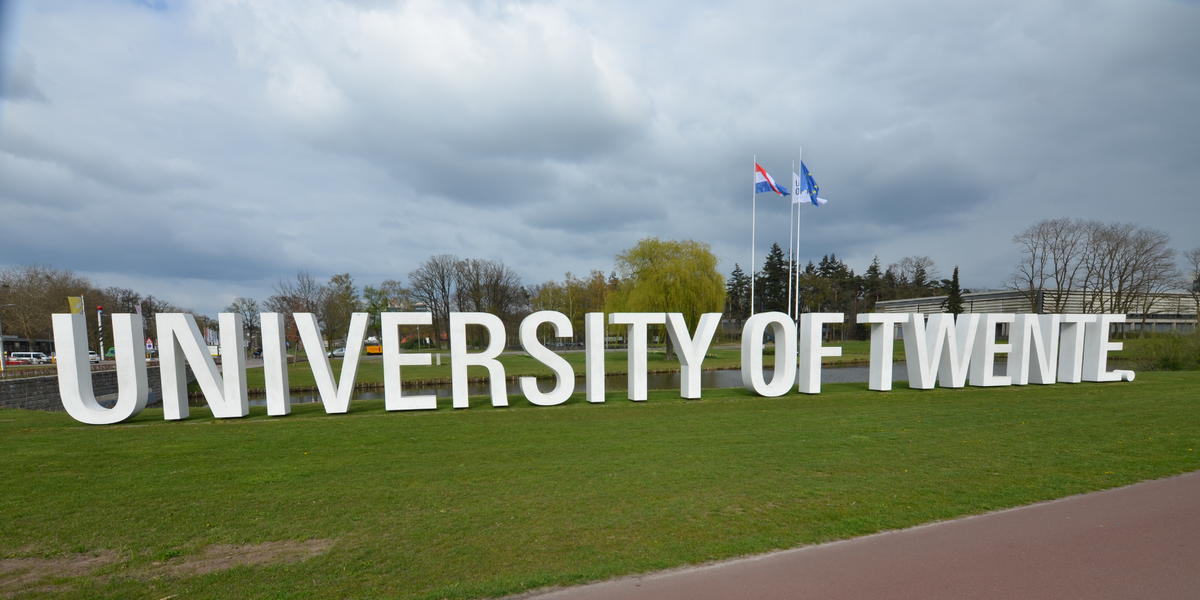
The project aims at 1) creating a digital twin of industrial powders in laboratory characterization testers via discrete element models (DEM), with a rotational rheometer taken as reference; 2) designing a digital platform to calibrate the particle/contact DEM parameters; 3) establishing and applying a rigorous calibration procedure to different powders -- with open-source codes and open science towards a new experimental data-base.
The procedure will be tuneable on the contact model chosen to describe the particle interactions, e.g., friction, van der Waals, capillary or electrostatic models. Moreover, as result of the digital calibration framework, it will be possible to easily change the geometry of the impeller and the rotational speed to modify the dominant flow regime. The high operating flexibility of the rheometers, together with the remarkable precision of the quantitative measurements of torque and forces parallel to the rotation axis, make it possible to collect experimental data corresponding to different flow regimes that can be used to calibrate the DEM model. In the experiments a limited number of material properties will be varied, such as the particle size, the particle material, the amount of liquid available for capillary bridges.
Experiments will be in collaboration within the network, and are not necessarily limited to powder rheology, but other tests, such as uniaxial compaction, shear test at high temperature or controlled humidity and powder vibration, will be available to be used to complete the characterization of the particle system or to validate the calibrated model.The project includes an academic secondment period of 4-6 months in the Powder Technology group at the University of Salerno (IT), under the supervision of Dr. Diego Barletta to learn experimental methods, to perform element tests experiments as well as an industrial secondment at MercuryLab (NL) to learn the numerics and work on the digital twin framework design.
This project is expected to be part of the EU funded Marie Curie Initial Training Network TUSAIL.
The Faculty of Engineering Technology (ET) engages in education and research of Mechanical Engineering, Civil Engineering and Industrial Design Engineering. We enable society and industry to innovate and create value using efficient, solid and sustainable technology. We are part of a ‘people-first' university of technology, taking our place as an internationally leading center for smart production, processes and devices in five domains: Health Technology, Maintenance, Smart Regions, Smart Industry and Sustainable Resources. Our faculty is home to about 2,900 Bachelor's and Master's students, 550 employees and 150 PhD candidates. Our educational and research programmes are closely connected with UT research institutes Mesa+ Institute, TechMed Center and Digital Society Institute.
This fellowship is offered in the context of a Marie Curie Initial Training Network and transnational mobility is a key element of eligibility. Therefore, your eligibility for the post is determined by Marie Curie terms and conditions. Researchers may be either EU citizens or from outside the EU (subject to relevant immigration formalities), but applications will only be accepted from candidates who must not have resided or carried out their main activity (work, studies, etc) in Netherlands for more than 12 months in the 3 years immediately prior to the date of selection by the host institution (short stays such as holidays are not taken into account). This mobility rule applies only to your first recruitment within the project, and not to other organizations to which you might be sent on secondment or at which you may subsequently also be recruited.
All researchers recruited in a Marie Sklodowska-Curie ITN must be Early-Stage Researchers (ESRs). A ESR shall, at the time of recruitment by the host organisation, be in the first four years of their research careers and not yet have been awarded a doctoral degree. The four years start to count from the date when a researcher obtained the degree which would formally entitle him/her to embark on a doctorate.
The position is subject to the approval of an amendment of the TUSAIL grant agreement via the interested parties.
The project will be conducted under the supervision of Prof. S Luding and Dr. V. Magnanimo at University of Twente and Dr. D. Barletta at University of Salerno. An Individual Supervisory Committee, including academic and industrial supervisors, will guide the candidate during his/her EngD.
For applications, please visit the recruitment page on the University of Twente website submit your documents using the ‘Apply now’ button, including your CV, motivation letter, bachelor and master transcripts, contact details of at least two references who worked closely with you, theses or reports (if available).
Master students who will graduate in the coming months are welcome to apply. In that case, please provide an overview of the transcripts that are already available.
The deadline for application is 11 June 2023. The intended starting date is around 1 September 2023.
The first (online) job interviews will take place in the third week of June.
Published On: 15 May 2023
published on: 01 October 2024
TUSAIL hosts ON-DEM cost action at the University of Edinburgh
Read More

